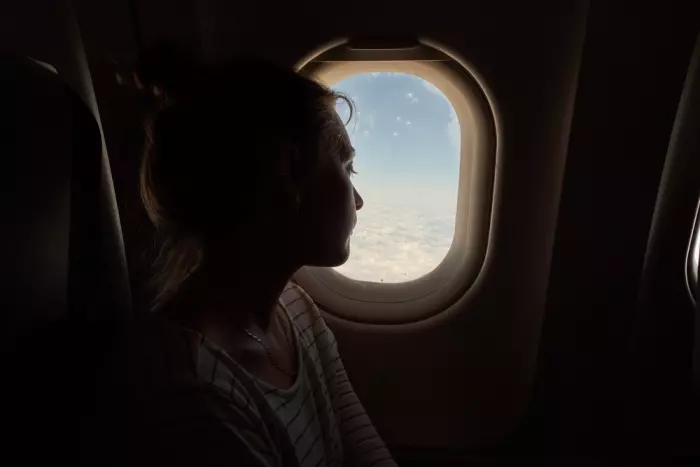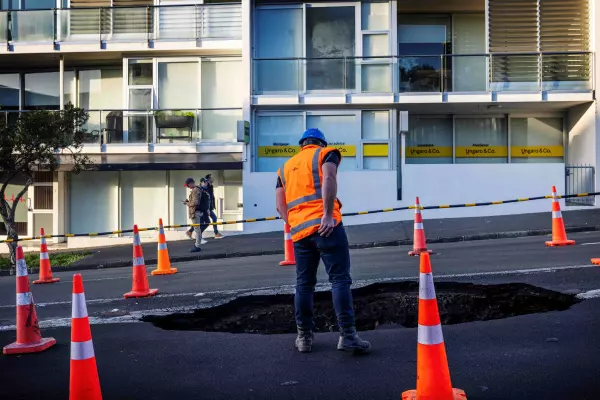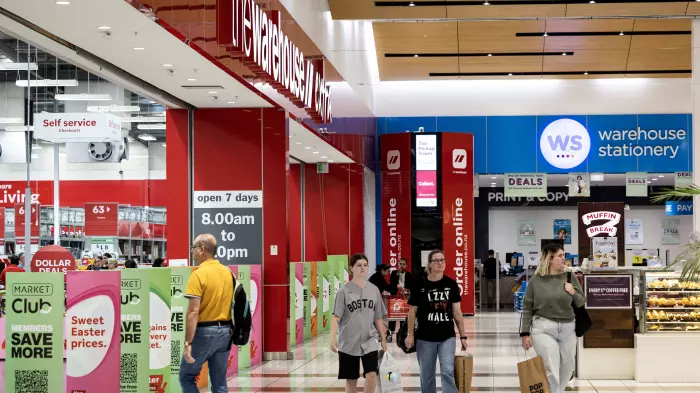Travel agents and tour booking services registered a boost in spending on credit and debit cards last month as the government’s plans to start reopening the border made it easier for New Zealanders to eye up an overseas holiday.
Total spending on electronic cards increased 0.9% to $8.02 billion in March from a year earlier, with non-retail industries getting the sharpest lift, up 7.1% at $1.8b, according to Statistics NZ figures.
The government dropped quarantine requirements for returning New Zealanders last month, and Australians will be free to enter the country on Wednesday, which may help alleviate some of the pain restaurateurs and bar owners have been feeling as the omicron outbreak reduced the appetite to eat out or sink a quick pint at the local.
Credit and debit card spending on hospitality fell for an eighth month, down 14.3% from a year earlier at $891 million.
Westpac economist Satish Ranchhod said the reconnection to Australia should offer a boost to the sector, which will also benefit from lighter covid-19 restrictions.
“With case numbers trending down, we’re starting to hear anecdotes from providers that demand is picking up again. We expect a continued firming over the coming months,” Ranchhod said.
Rising petrol prices remain a big contributor to the increase in retail spending, up 6% from a year earlier at $580m.
“While the reduction in fuel taxes may have blunted some of the pain, prices are still around 10% higher than at the start of the year,” Ranchhod said.
Core retail spending – which strips out spending on fuel and vehicles – fell 1.2% to $5.12b in March from a year earlier, due to the decline in spending on hospitality and apparel.
Ranchhod said rising mortgage rates and more expensive food are also putting the squeeze on households and their disposable income.
Economists will get a better steer about both on Wednesday when Stats NZ releases data on food and rental prices in the morning, followed by the Reserve Bank reviewing the official cash rate in the afternoon.






